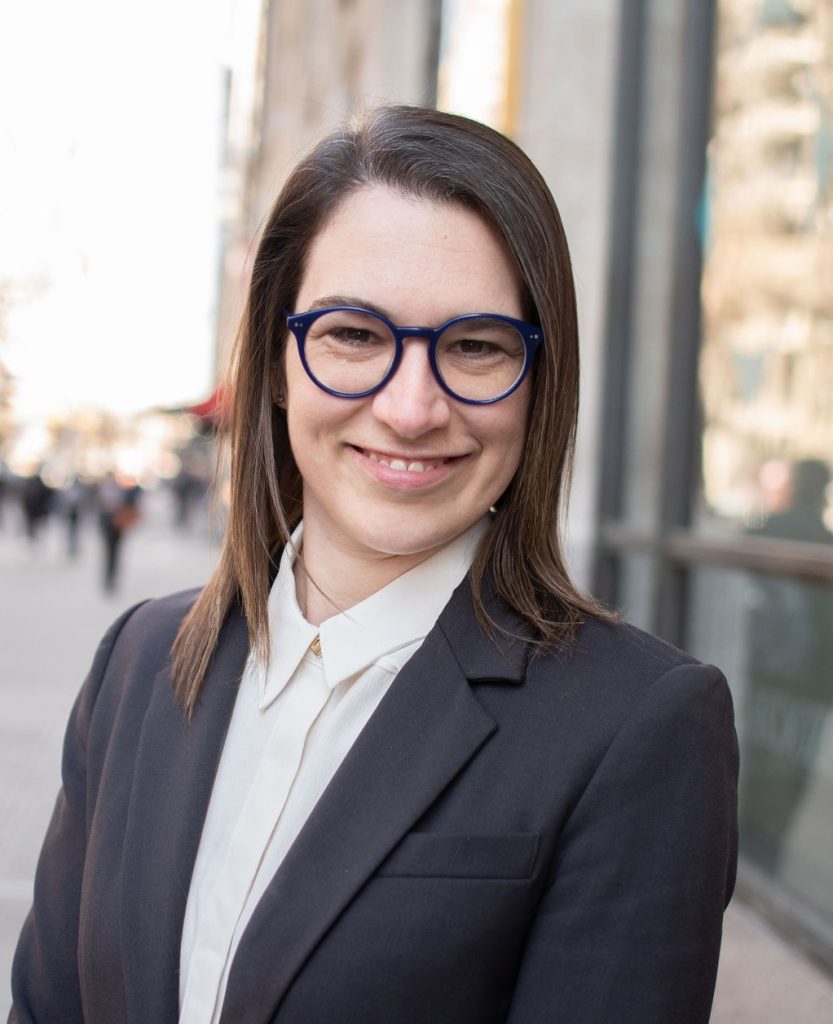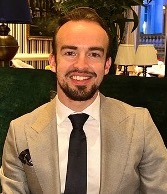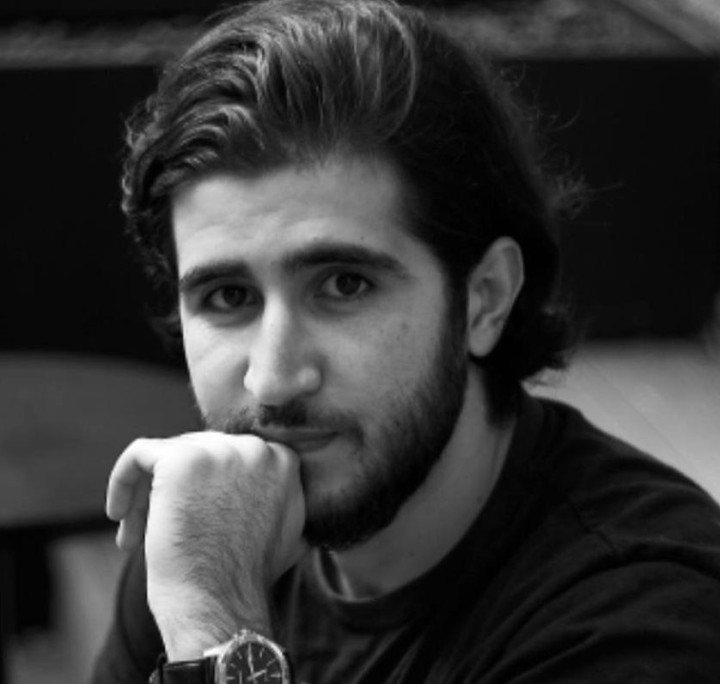Iraq’s Legal Crisis Through the Lens of Its Personal Status Law

Anne Harper is a JD student and pro-bono scholar at Benjamin N. Cardozo School of Law.
On 21 January 2025, Iraq’s legislature adopted a law that will highly likely subject Iraqi women and girls to human rights violations, based entirely on internal regulations developed by the religious sect to which they belong. Specifically, the legislation amended the 1959 Personal Status Law (PSL) to expand the authority of religious sects within Iraq to develop their own family (personal status) laws based on their interpretations of Sharia law.


